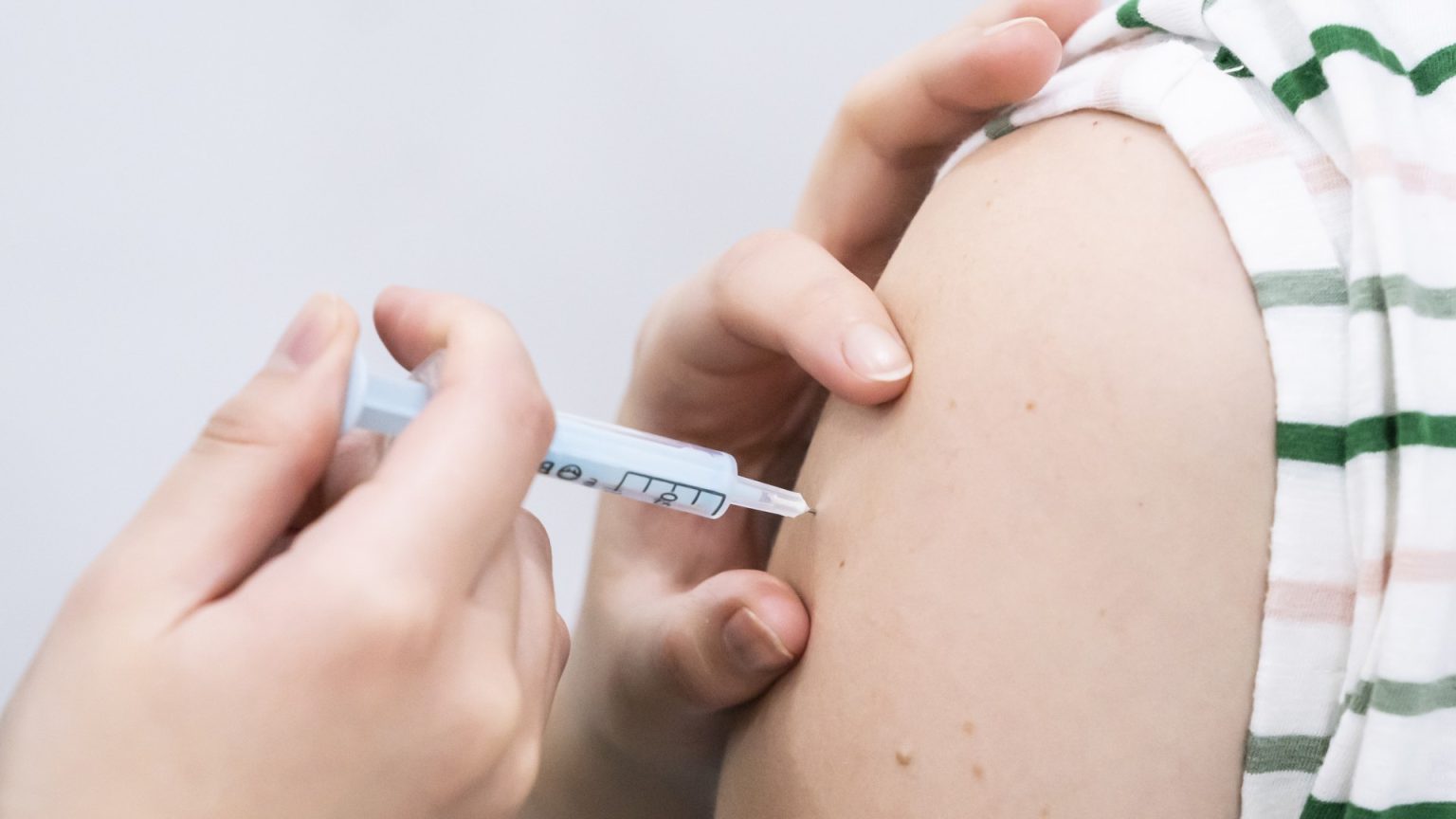The COVID-19 pandemic brought with it not only the virus itself but also a global vaccination campaign of unprecedented scale. While the vaccines proved instrumental in mitigating the severity and spread of the virus, they also, like all medications, carried the potential for side effects. The Medicines and Healthcare products Regulatory Agency (MHRA), the UK’s drug watchdog, has been meticulously documenting reported side effects of COVID-19 medications over the past five years, revealing a spectrum of reactions ranging from the common to the unusual. This data provides valuable insights into the post-vaccination experiences of individuals and underscores the importance of comprehensive monitoring for any medical intervention.
Among the more commonly reported side effects were fatigue, nausea, skin rashes, and uncontrollable yawning. These reactions, while unpleasant, are generally considered mild and transient. More concerning are reports of psychological and behavioral changes. A significant number of individuals reported increased paranoia, potentially reflecting the heightened anxiety surrounding the pandemic itself or a direct neurological effect of the vaccine. Changes in libido were also documented, with some experiencing a surge in sex drive while others reported a decrease. These fluctuations could be attributed to various factors, including hormonal imbalances, stress, or underlying medical conditions exacerbated by the vaccination process. The MHRA data also revealed cases of eating disorders, highlighting the potential for vaccines to influence metabolic processes or psychological well-being.
One of the most striking revelations from the MHRA report was the diversity of reported side effects. Some individuals reported experiencing an increase in flatulence after receiving the AstraZeneca vaccine, while others noted a compulsion towards gambling. While the causal link between these specific side effects and the vaccine remains to be definitively established, their documentation underscores the complexity of individual responses to medications. The report also included a case of an individual who developed transvestism after receiving the Pfizer vaccine. This unique case highlights the importance of considering the full spectrum of potential side effects, including those related to gender identity and expression.
It is crucial to interpret the MHRA data with caution. The reporting system relies on individuals self-reporting suspected side effects, and the presence of a reported reaction does not necessarily imply a direct causal relationship with the vaccine. Many factors can contribute to an individual’s health status, and it can be challenging to isolate the specific impact of a vaccine from other pre-existing conditions or environmental influences. The MHRA emphasizes that the reports serve as an “early warning system” to identify potential patterns and warrant further investigation, not as definitive proof of causation.
The sheer volume of reported side effects, with over 16,000 individuals filing compensation claims for alleged vaccine-related harm, warrants careful scrutiny. While the vast majority of reported side effects are mild and transient, the potential for more serious or long-lasting consequences cannot be dismissed. It is imperative that researchers continue to investigate the underlying mechanisms of these reactions to better understand individual susceptibility and develop strategies to mitigate potential risks. This comprehensive data collection and analysis are crucial for refining vaccination protocols and ensuring the safety and well-being of individuals receiving these critical medical interventions.
The MHRA’s ongoing monitoring of COVID-19 vaccine side effects provides valuable real-world data on the complexities of vaccine response. While the vaccines have undoubtedly played a critical role in combating the pandemic, the documentation of these diverse side effects highlights the importance of transparency and continued research. Further investigations are needed to determine the precise mechanisms underlying these reactions, identify individuals at higher risk for specific side effects, and develop strategies to minimize potential harm. This ongoing data collection and analysis are essential for enhancing vaccine safety and maintaining public trust in vaccination programs.


